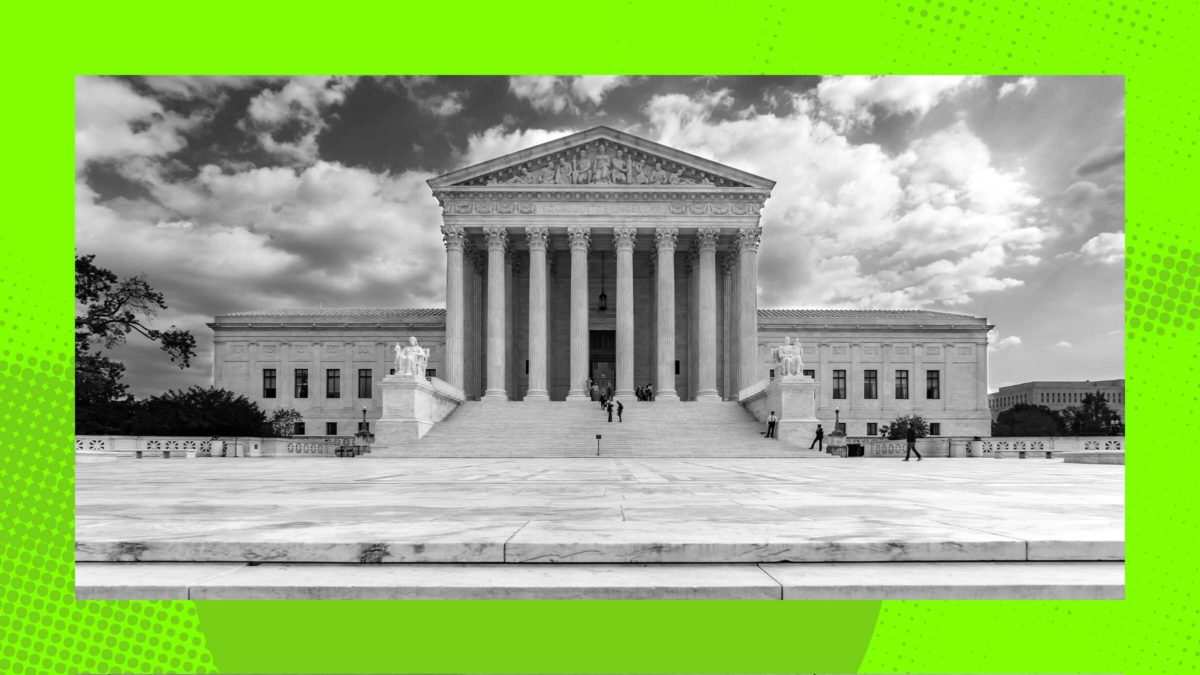In 2015, life appeared to be going very well for James Holcombe. He ran a successful business called Cash for Cards, which had opened several locations around Daytona Beach, Florida, and had decided to run for local office at just 26 years old.
All of that changed abruptly, however, when the state of Florida charged Holcombe and several of his employees, including William Hooper and Matthew Angell, with running a fraudulent business. At trial, witnesses explained that Cash for Cards was a labyrinthine scam that involved using stolen merchandise to procure and resell gift cards. Holcombe employed “boosters” who would shoplift from stores like Home Depot, Lowe’s, and Target, and “returners” who would return the stolen items for gift cards. Cash for Cards would then resell those gift cards at a profit. For a while, the scam thrived, until the sheer volume of gift cards obtained through dubiously-returned merchandise landed Holcombe on the sheriff’s radar.
Holcombe and his father, who ran one of the Cash for Cards outlets, at first hired a lawyer to represent them, Hooper, and Angell as a foursome. But prosecutors offered Hooper and Angell the chance to plead guilty to dealing in stolen property, a less serious charge, in exchange for their testimony against Holcombe. This meant that Hooper and Angell agreed to provide evidence that Holcombe was running the show, and they had merely followed his orders, in exchange for less prison time. Under the terms of their agreements, their sentences actually depended on how “cooperative” the judge found them to be. Holcombe was ultimately convicted of the more serious crimes of racketeering and conspiracy to racketeer, and sentenced to ten years in prison.
Holcombe, citing the obvious conflict of interest created by his lawyer representing two men whose testimony led to his conviction, challenged the verdict in court. Incredibly, a Florida appeals court turned him away; last week, the U.S. Supreme Court, too, denied Holcombe’s petition for review. He is scheduled to be released from prison in 2030.
Only Justice Sonia Sotomayor dissented from the Court’s decision, excoriating the trial court judge’s failure to safeguard Holcombe’s constitutional rights. A lawyer representing these four defendants, she wrote, was in an “impossible dilemma”: Undermining the testimony of Hooper and Angell would help Holcombe but potentially keep them in prison for longer, while going easy on the pair during cross-examination would help them obtain lenient sentences but seal Holcombe’s fate. “At minimum,” she wrote, the court “should have directly explained the serious dangers of continuing with an actually conflicted attorney.”
Sotomayor also noted a 1978 decision, Holloway v. Arkansas, in which the Court held that where a trial judge didn’t take steps to remedy a known conflict of interest, a conviction should be automatically reversed. In his majority opinion, Chief Justice Warren Burger explained why: “In a case of joint representation of conflicting interests, the evil—it bears repeating—is in what the advocate finds himself compelled to refrain from doing, not only at trial but also as to possible pretrial plea negotiations and in the sentencing process.”
Here, the conflict of interest was so apparent that even the prosecutor felt the need to advocate for the people she was trying to incarcerate, explaining to the judge that the deals created a conflict that was “not waivable.” But the judge couldn’t be moved, despite his own earlier acknowledgement that from the beginning, the co-representation arrangement was in “dangerous territory” and “on super thin ice.”
The Sixth Amendment guarantees anyone facing criminal charges a lawyer who will zealously advocate for them. Legal ethics rules also require that attorneys whose clients have direct opposing interests withdraw from representation. This principle is all the more critical in racketeering cases, where guilt and innocence depends on proof of coordination and organization. Representing co-defendants in a racketeering case is like agreeing to coach two opposing basketball teams. As Sotomayor pointed out in her dissent, “the mere physical presence of an attorney does not fulfill the Sixth Amendment guarantee when the advocate’s conflicting obligations have effectively sealed his lips on crucial matters.”
As always, the cases the Court rejects reveal as much about the justices’ values as the cases the Court accepts. Decisions like this one are part of a long pattern of the Court quietly whittling away at constitutional rights by denying cert petitions that raise critical questions about what those rights mean in real life. If the Sixth Amendment right to counsel means anything, it should protect people accused of crimes from being represented by a lawyer who simultaneously represents someone else with directly adverse interests. This is a terribly low bar, but the Supreme Court isn’t willing to uphold it.

